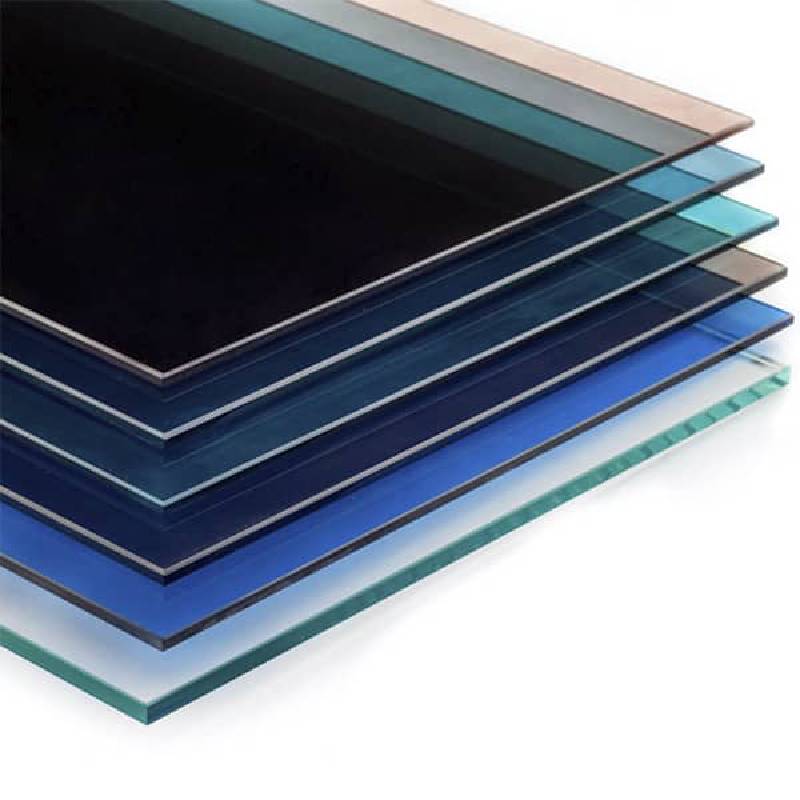

The Versatile Use of Tinted Glass
Tinted glass has emerged as a popular choice in various architectural and automotive applications due to its decorative appeal and functional benefits. By incorporating metal oxides or other additives during the manufacturing process, tinted glass reduces light transmission, thereby enhancing privacy, improving energy efficiency, and providing UV protection.
The Versatile Use of Tinted Glass
In addition to energy efficiency, tinted glass enhances privacy. Residential and commercial facilities alike benefit from reduced visibility from the outside, which is particularly important for offices or homes located in densely populated areas. The degree of tint can be adjusted based on the level of privacy desired, making it a flexible option for various applications. This not only protects the occupants' privacy but also allows for natural light to enter without the need for heavy, intrusive window treatments.

Moreover, tinted glass provides essential UV protection. Prolonged exposure to ultraviolet rays can cause significant damage to both skin and interior furnishings. Tinted glass can block up to 99% of harmful UV rays, safeguarding the health of occupants and preserving the quality of furniture, artwork, and flooring. This protective quality makes tinted glass an attractive choice for retail stores, galleries, and homes where valuable items are displayed.
Aesthetically, tinted glass adds a modern touch to buildings and vehicles. Available in a variety of shades, from light to dark, it can be chosen to complement the overall design of a structure or car. The sleek appearance of tinted windows can enhance the exterior appeal, setting a trendy tone that attracts attention. This is particularly important in competitive markets where design can influence consumer preference.
However, it is essential to consider local regulations regarding tinted glass, particularly in automotive applications. Each jurisdiction has specific laws regulating the level of tint allowed on windshields and windows to ensure visibility and safety.
In conclusion, tinted glass presents numerous benefits, from energy efficiency and privacy to aesthetic enhancement and UV protection. Whether used in homes, offices, or cars, its versatility makes it an appealing choice for those looking to improve both functionality and style. As technology continues to advance, the potential for tinted glass to offer even greater benefits will only evolve, solidifying its place as a staple in modern design.